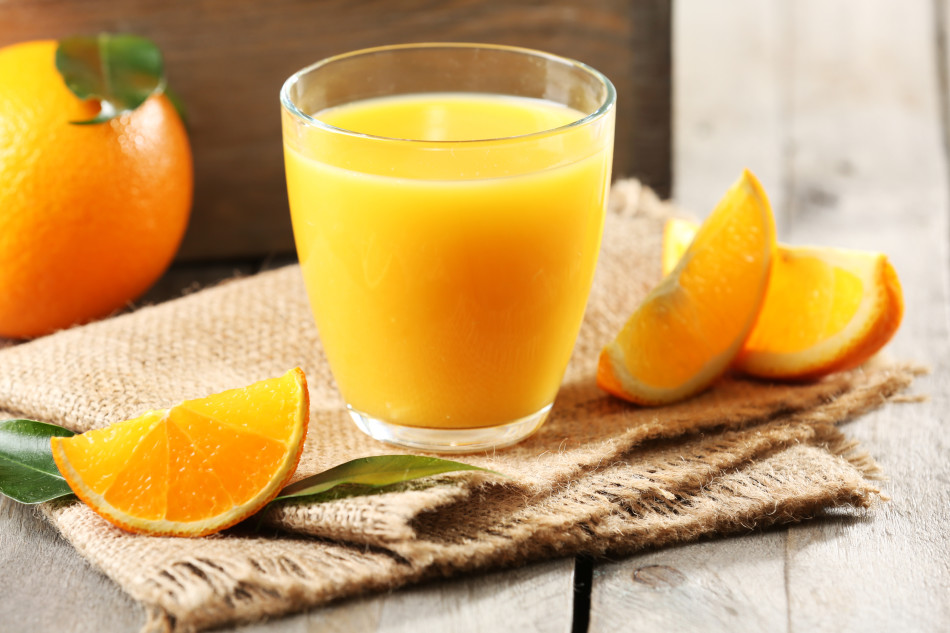Should children avoid fruit juice?

Should children avoid fruit juice?
1 min read
Experts agree that children can benefit from eating more fruit and vegetables as they provide vitamins, minerals and fibre. They're also a healthier alternative to sweet or savoury snacks. While fruit juice was valued in the past for its vitamin C content, the spotlight on sugar has made many parents feel unsure about whether to give it to their children. Here, we look at the facts.
Nutrients for the body
100% fruit juice, such as orange juice, contains a wide range of vitamins and minerals such as vitamin C, folate and potassium.
Vitamin C contributes to normal immune function, increases iron absorption and supports collagen formation which is important for normal bones, skin and teeth;
Folate contributes to normal immune function and blood formation;
Potassium contributes to normal muscle function and to the maintenance of normal blood pressure.
Fruit juice myths
We read a lot about fruit juice, but some things are simply untrue!
100% fruit juice is not 'just sugary water'. It contains all the vitamins and minerals found in the whole fruits used to make it. A small (150 ml) glass of orange juice provides 62 calories, and it doesn't cause excess weight gain or obesity, according to scientific studies;
Products labelled as 'fruit juice' are free from added sugars, colours, flavours, preservatives or artificial sweeteners by law;
100% fruit juice is fine for teeth if children drink it at mealtimes, have good oral hygiene, and stick to one small glass a day – around 150 ml.
Fruit juice complements fruit
Whole fruit and vegetables are the best option but are not always easy to eat on the go. Most children eat too few fruits and vegetables, especially preschool children who can be picky eaters. If your child refuses to eat any vegetables or fruit, a glass of 100% juice can be a useful alternative to provide vitamins and minerals. According to the American Academy of Pediatrics, babies can be offered fruit juice after 12 months of age but avoid giving it in a bottle or at bedtime.
What about sugar?
Many children eat too much sugar and could reduce it by cutting down on sweetened soft drinks, confectionery, biscuits, cakes and desserts. One small glass of 100% fruit juice contains 14 g of natural sugars, but also provides vitamins, minerals and (in the UK and other countries) a portion of fruit, making it a useful addition to the diet.
